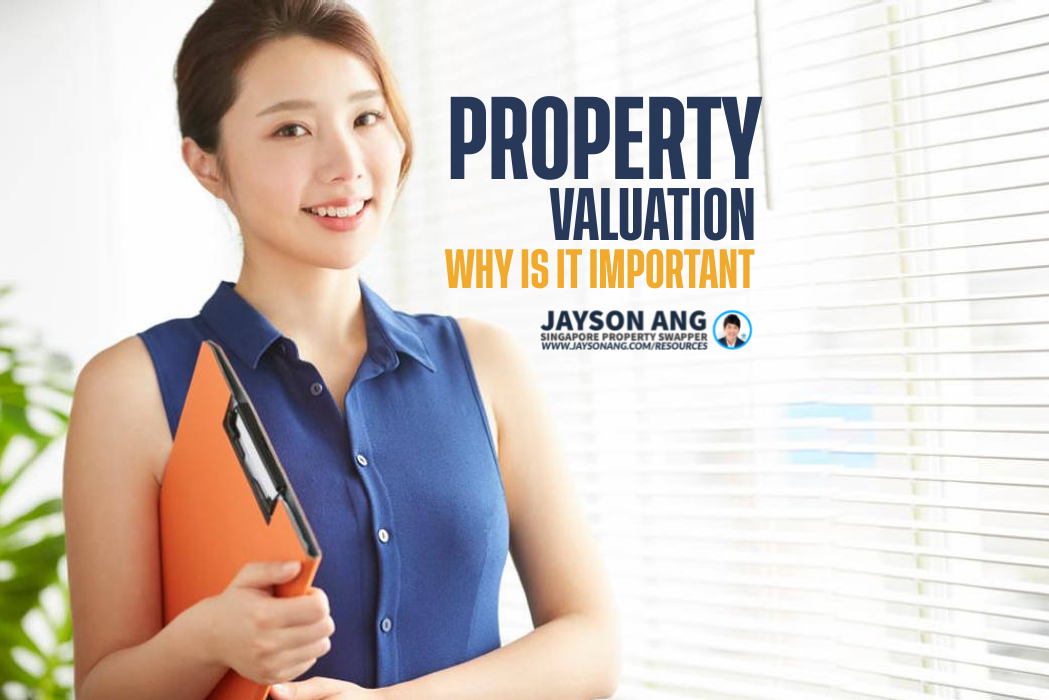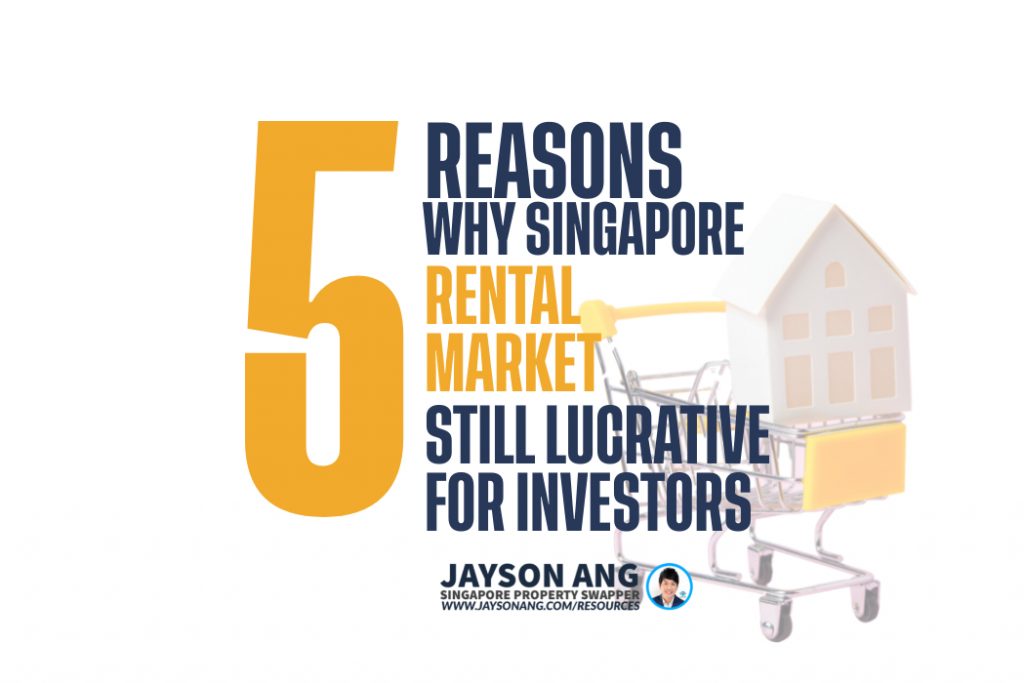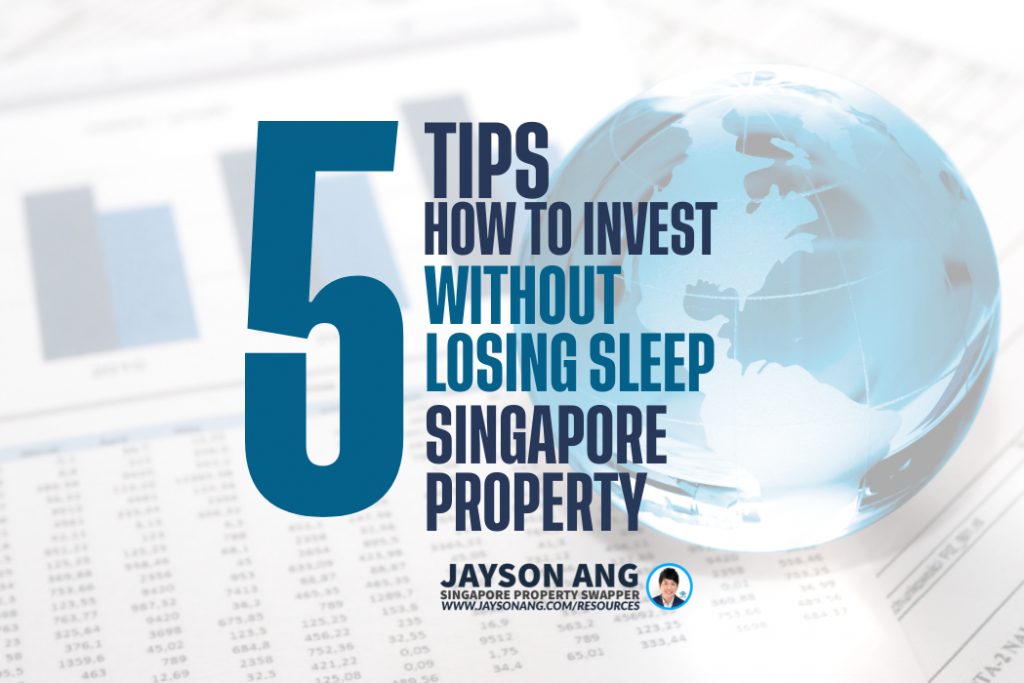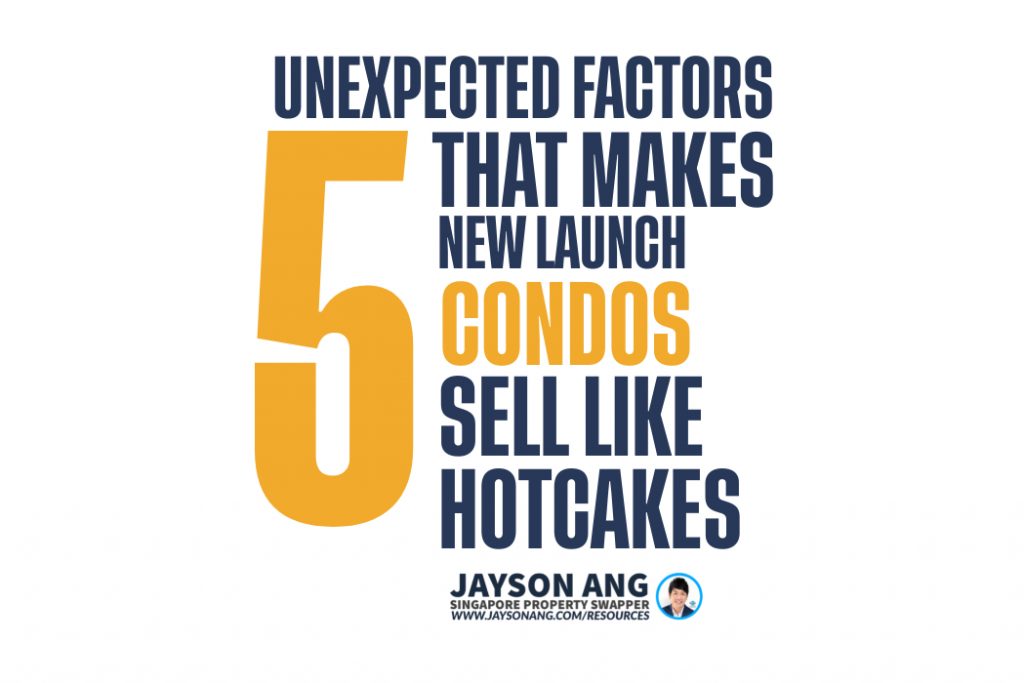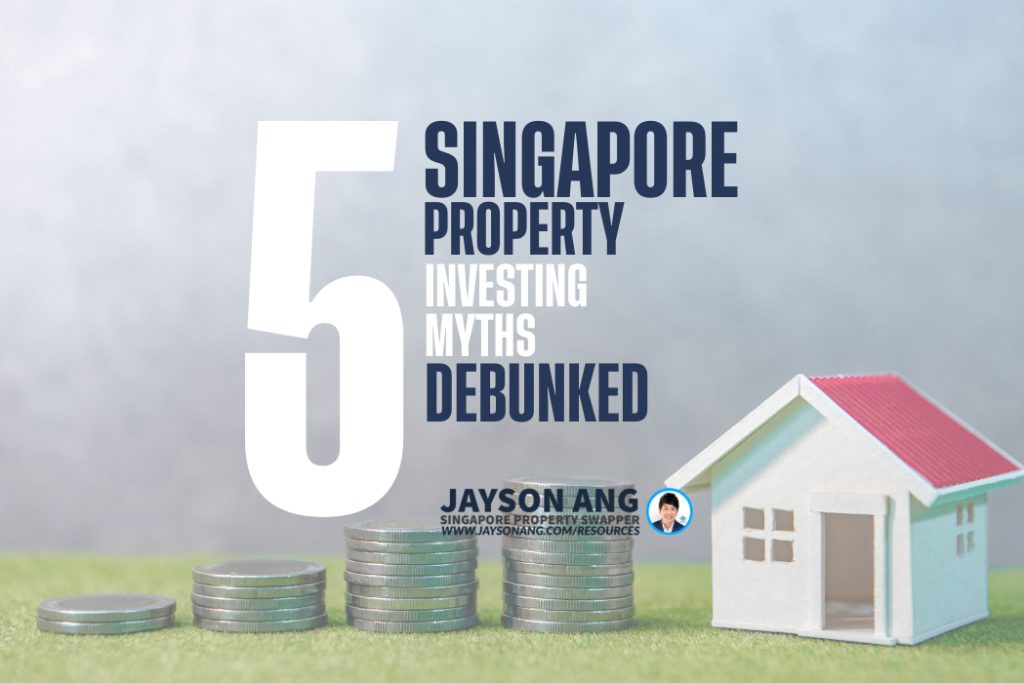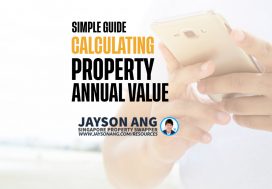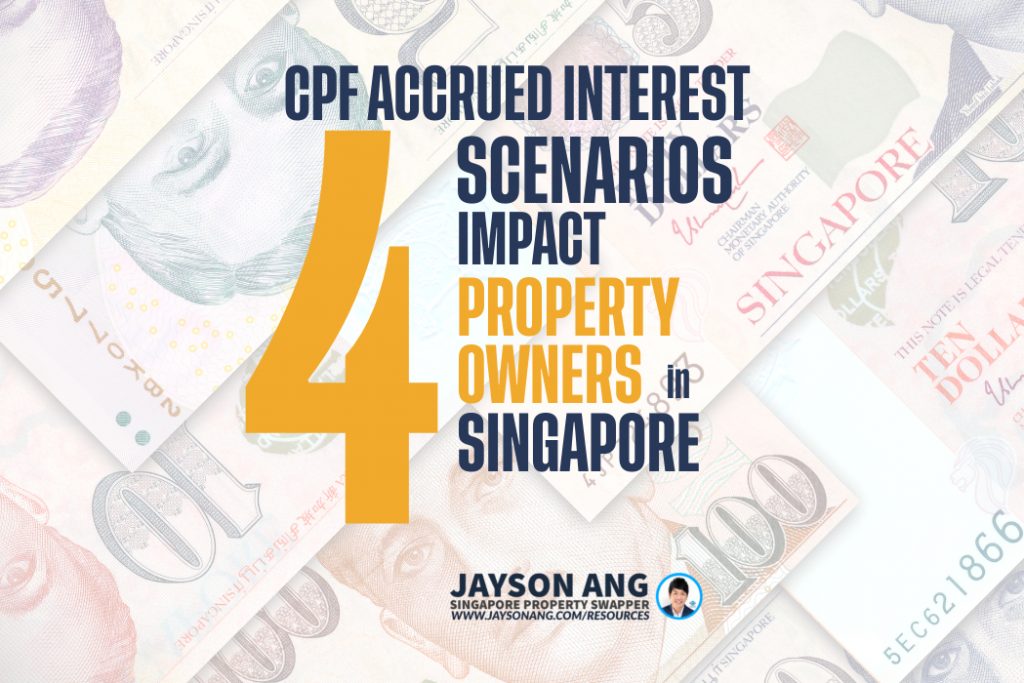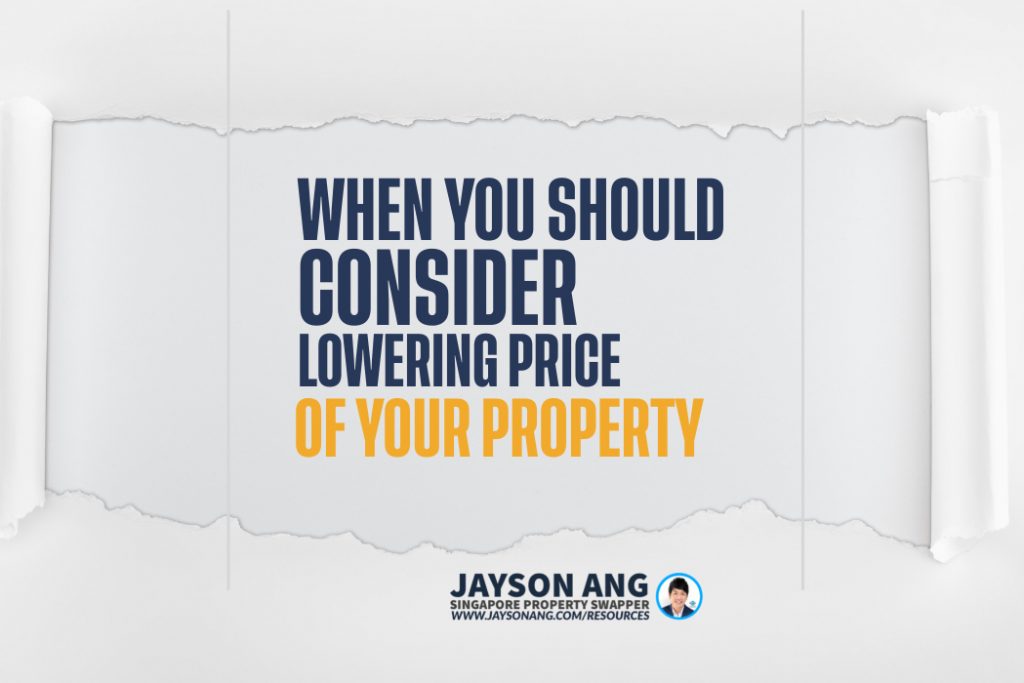TLDR
When it comes to property valuation, understanding the process is crucial for both buyers and sellers. Property valuations can vary between indicative and actual valuations, impacting loan amounts, taxes, and decision-making. Factors influencing property valuation include land value, property characteristics, rental incomes, and more. Sellers benefit from accurate valuations for pricing their properties correctly, while buyers must consider implications on loan quantum, taxes, and decision reassessment. Consulting multiple banks and valuers can help in obtaining favorable valuations. Additionally, engaging a mortgage broker can streamline the valuation process. Ultimately, property valuation plays a significant role in property transactions and financial planning.
Many home buyers may be in the dark when it comes to bank valuations, not having the slightest idea of what they even are. Chances are, you only just looked them up to figure out why your loan amount is different from one bank to the next.However, it’s essential to understand the details of a property valuation when you’re involved in a property transaction, be it buying a new home, selling your current one, or anything else of the sort.
This will guarantee you get the best return on your investment and make sure you are taking full advantage of the market.
What Exactly Is A Property Valuation?
Property valuation is a process by which a licensed appraiser assigns a monetary value to a particular property – either an indicative valuation or an actual valuation.
Indicative Valuations
An indicative valuation is a basic estimation of a property’s worth, normally calculated by considering the regular cost of properties that have been bought and sold in the vicinity. These types of assessments are often carried out by homeowners or agents through investigation and observation. Alternatively, indicative valuations can be done using free online valuation tools or by delving into the past transaction information of a particular property.
Actual Valuations
When applying for a home loan, banks require an actual valuation of the property by a qualified surveyor or valuer. This detailed appraisal is based on a series of metrics and provides a market value that may differ from an indicative valuation.
In cases where the property is still under development, banks tend to accept the developer’s price as a fair valuation.
Don’t mix up the bank’s official appraisal of the property with the ballpark figures a realtor gives – both are useful approximations of the value of a property, but the bank’s official valuation is the one that will be used.
What Are The Factors That Affect Property Valuation?
Licensed appraisers may keep their exact methodology under wraps, but they’re generally willing to share the general elements they factor in:
- The land value encompasses current and future amenities, accessibility, and even such elements as traffic congestion and pollution.
- The cost trajectories of adjacent properties and the subject property itself.
- Rental incomes in the area over time
- The size of the property and the facing, layout, number of rooms, etc.
- The quality of finishing, and the overall maintenance standards
- The value of any renovations or additions
- The floor you live on (the topmost floors have the highest value)
- The position of your particular block and the resulting light, heat, and view
- Quality of the facilities, especially for condominiums
- Redevelopment potential
- Remaining lease
Licensed appraisers are meticulous in their measurements and precision, often resulting in a valuation that is completely different from what one might expect. Furthermore, two appraisers could come up with wildly different valuations based on the way they evaluate certain factors. And, of course, many more!
To ensure you get an accurate indication of your property’s value, it’s ideal to request three separate valuation quotes and take the majority range. You’ll also be provided with a report that details the structure, land size, condition, and consequently the value of the property.
To get an HDB flat valuation report, simply contact the HDB and they’ll send over one of their professionally qualified and licensed panel of valuers, approved by the Inland Revenue Authority of Singapore (IRAS).
If you’re looking for a valuer for private properties, the Singapore Institute of Surveyors and Valuers (SISV) has you covered. But, you can also opt for more established realtors such as CBRE, Jones Lang LaSalle (JLL), Colliers and Savills, who offer top-notch valuation services.
Be prepared to foot the bill for your valuation – usually between S$500 and S$700.
Benefits Of Doing A Property Valuation For Sellers
A proper valuation report, along with a deep understanding of the prices of comparable properties, can help homeowners accurately price their property for sale. Not only does this give them a clearer picture of their home’s real worth, but it also has other advantages:
- Giving prospective buyers peace of mind that they are paying a fair price for the property, so they can purchase with confidence.
- A bank loan can be easily secured with the use of this document as a supporting source of information for prospective buyers.
- Avoiding pricing disputes with the prospective buyer.
How Does Valuation Affect The Property Purchase For Buyers?
The valuation process for prospective buyers has three critical impacts on their property purchase:
- It will affect the loan quantum
- Higher valuations mean more taxes
- It could be cause to re-evaluate your decision
1. It Can Affect The Loan Quantum
When looking to take out a home loan, the amount you are eligible to borrow will be determined by the lower of either the price of the property or its valuation.
This is referred to as the Loan-to-Value (LTV) ratio.
To put it simply, if the valuation of the property is lower, you can only borrow a smaller loan. Generally speaking, the maximum LTV when obtaining a bank loan is 75%, which would equate to being able to borrow up to 75% of either the property price or valuation, depending on which is the lower figure.
If the seller’s price is S$1.7 million but the property is valued at S$1.68 million, you can be eligible for a maximum loan quantum of 75% of S$1.68 million, leaving you with a much larger downpayment of S$440,000 than just 25% of the asking price.
Consequently, some property buyers may decide to approach different banks for a higher valuation, especially when the asking price is excessively higher than the actual appraisal.
Every bank may be using their own appraiser, resulting in different values for the property. To reduce the amount of cash needed, a purchaser may be hoping to find a valuation that is closer to the seller’s asking price.
2. Higher Valuations Mean More Taxes
When purchasing a property, taxes such as Buyer’s Stamp Duty (BSD) and Additional Buyer’s Stamp Duty (ABSD) are calculated based on the higher amount between the purchase price and the official valuation.
For example, if you buy a house for $1.5 million but the property is valued at $1.55 million, you would be paying the BSD on the latter amount – equalling $46,600.
If you’re acquiring a second property, the ABSD is set at 17% – so if the official valuation is $1.2 million but you manage to negotiate and purchase the house for $1 million, you’d have to pay ABSD of $204,000.
Had the valuation been as low as the price, you could have saved a whopping S$170,000 in ABSD – a great incentive for buyers to go for a lower valuation on their desired property.
3. It Could Be Cause To Re-Evaluate Your Decision
The actual worth of a property can be significantly different from the estimate given by a property agent. After completing a valuation, it’s possible that the property may be worth less or more than anticipated.
That’s why experienced real estate investors often hire their own valuation companies, even before a bank requires it.
The Valuation Also Affects Your CPF Withdrawal Limit
When it comes to purchasing property, your CPF funds are subject to the CPF Withdrawal Limit. Currently, this stands at 120% of the property’s price or valuation – whichever is lower.
For instance, if the property costs and is valued at S$600,000, then the maximum amount of CPF funds you can use is S$720,000.
So, there is a limit to the amount of CPF you can use for your property – and it’s something you should be aware of!
Have you ever wondered how you could end up paying more than 100% of your property value?
There are a number of additional costs to consider such as stamp duties, legal fees, interest rates of the monthly payments and other things that you may have paid for with your CPF savings for the property purchase.
Although you may not be able to exceed the withdrawal limit on a flat, it is very possible to do so with private property, especially if your interest rate is high.
What Course Of Action Can You Take If You’re Dissatisfied With The Appraisal?
To get the most favourable valuation, consider consulting multiple banks. Each expert has their own method for valuing properties; some may prioritise freehold status, while others may place more value on specific floor levels. By reaching out to a variety of banks, you’ll have a better chance of finding the most beneficial outcome.
If you’re not satisfied with the initial appraisal, don’t worry! You can always explore other options, such as reaching out to other companies or banks, until you find a valuation you’re comfortable with.
However, there’s no guarantee that these alternatives will give you the result you want.
It could take some time – you may need to speak to a few banks and valuators before you finally find a figure that makes you happy.
Use A Mortgage Broker To Help You Find Different Valuations
Engaging a mortgage broker to apply for a home loan could be an incredibly advantageous decision – not only will they be able to obtain multiple valuations and interest rates from various banks simultaneously, but this process is much more efficient than manually obtaining such information from banks.
Plus, it could potentially save you a ton of money if you have to pay for the valuations yourself.
Should You Buy, Sell or Wait?
If you’re reading this, you must be trying to figure out the best course of action right now: is it the right time to buy or sell?
It’s difficult to give an exact answer since everyone’s situation is unique and what works for one person may not necessarily work for you.
I can bring you a wealth of on-the-ground experience and a data-driven approach to provide clarity and direction. From beginners to experienced investors, our top-down, objective approach will help you on your real estate journey.
I can help you by:
- Offering Strategic Real Estate Advice – I can help create a comprehensive plan to guide you through your property journey.
- Connecting Your Home with the Perfect Buyers – Through stunning visuals, an effective communication strategy, and an in-depth knowledge of the market, we’ll ensure your home is presented in the best possible way to fulfill your goals.
You May Also Like …

